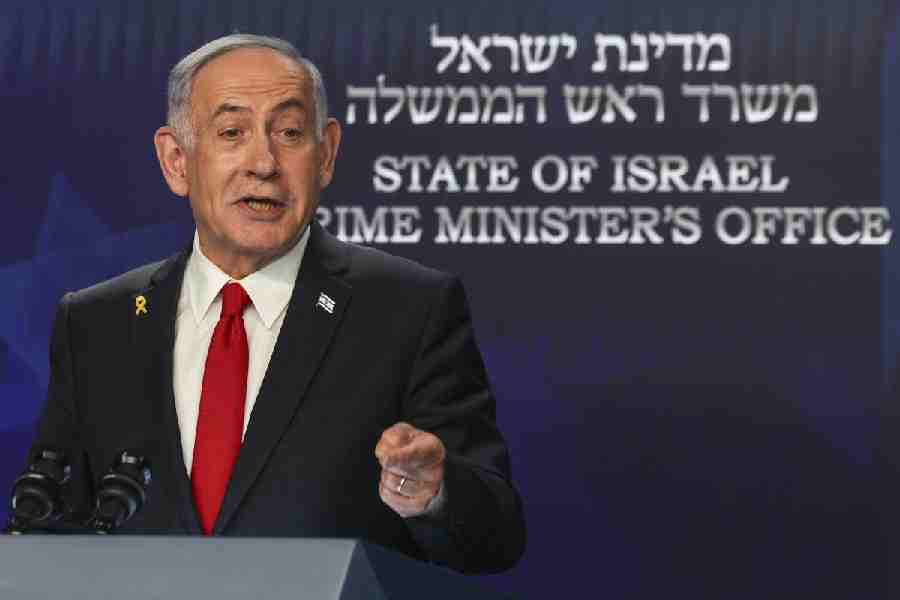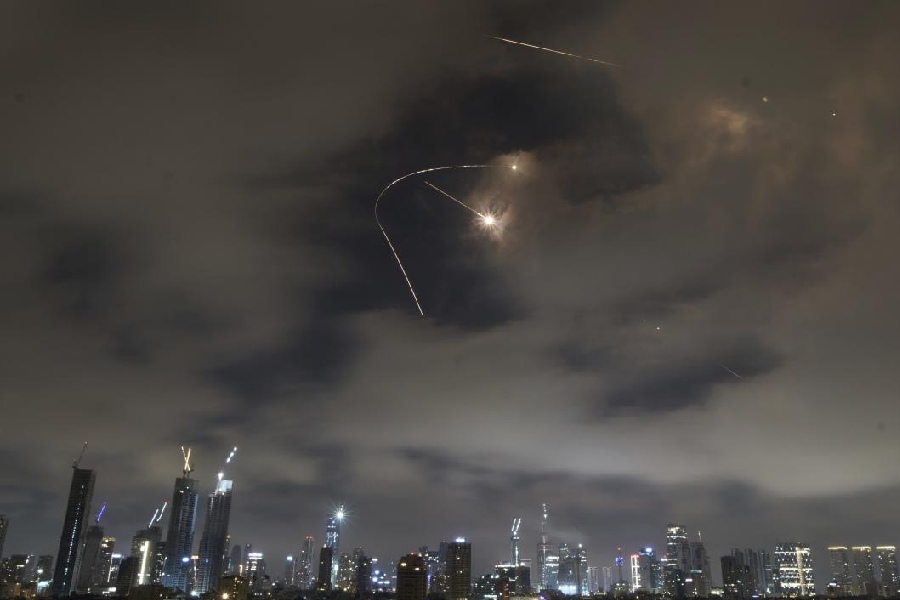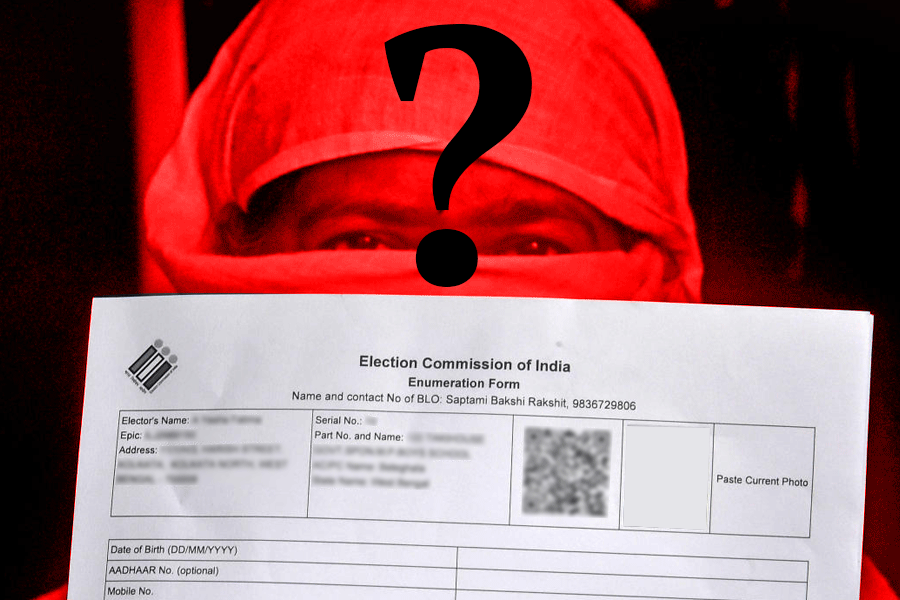Israel is looking to wrap up its campaign in Iran soon and has passed the message on to the United States, according to three Israeli officials, though much depends on its adversary's next move.
According to two other officials, Israeli leaders are trying to work out the precise exit strategy that will conclude the campaign and end Iran's missile and drone attacks, to avoid tit-for-tat strikes paralysing the country.
Another source briefed on the matter said that the military has signalled that it was close to achieving its goals.
But although Israel picked the moment to launch its surprise strike on Iran, it cannot control when the conflict ends and risks being drawn into a costly war of attrition if Tehran chooses to extend the fight, officials and analysts say.
Since unleashing its offensive in the early hours of June 13, Israel has killed senior Iranian generals and nuclear scientists, dismantled air defence systems, and struck multiple atomic-related sites and ballistic missile facilities.
"We are not there yet but it looks more like a matter of days than weeks," said Eran Lerman, a former Israeli deputy national security adviser, in comments that chimed with the views of the three Israeli officials.
"The end game is not that far from an Israeli point of view."
On Sunday, Israel received a significant boost when the U.S. Air Force joined the hostilities, hitting three Iranian nuclear complexes with massive, bunker-busting bombs that Israel does not have in its arsenal.
Hours later, Prime Minister Benjamin Netanyahu told reporters that Israel was close to meeting its objectives and had no desire to prolong the operation.
"We won't pursue our actions beyond what is needed," he said. "When the objectives are achieved, then the operation is complete and the fighting will stop."
That could prove wishful thinking.
On Sunday and Monday, Iran fired barrages of ballistic missiles across the length of Israel, sending millions of people fleeing into bunkers as interceptor rockets sped into the sky knocking out most, but not all, of the incoming projectiles.
The missile barrages have killed 24 civilians and damaged or destroyed hundreds of buildings, rendering thousands homeless. Tel Aviv, Israel's commercial hub, has been a frequent target.
Israel has moved into a tightened wartime posture: non-essential businesses are closed, schools are shut and its airspace sealed to all but a handful of flights.
Israel's vibrant economy cannot afford prolonged lockdown. And Israelis have already been growing increasingly weary of the war against Iran's ally Hamas in Gaza, triggered in 2023 by the Palestinian militant group's October 7 2023 attack.
Despite Israeli officials publicly messaging that the war objectives were close to being achieved, a European official and two foreign diplomats in the Middle East said there had been no such messaging by Israel with non-U.S. allies and partners.
Seeking an off-ramp
Military and government officials have acknowledged that the duration of Israel's campaign hinges on Tehran.
"It depends on the Iranians," one military official said last week. If Iran refrains from further escalation, officials believe there is a case for ending the operation sooner rather than later.
Analysts say Iran may choose to minimise the significance of the U.S. strikes, consolidate power internally, and maintain limited missile fire on Israel using its surviving launchers.
"The only option is to continue shooting at Israel, which they will do, but in a very calculated way," said Sima Shine, a former Mossad official and analyst at the Institute for National Security Studies in Tel Aviv.
"They understand their capabilities aren't endless, so they're rationing them."
Two European diplomats said Tehran would have to signal a willingness to de-escalate. But one warned that, if Iranian Supreme leader Ayatollah Ali Khamenei felt secure, he might choose to prolong the conflict, making it a drawn-out confrontation.
Israel's strikes on Monday against Iranian ruling symbols were a message to Tehran, said Lerman. "It's meant to indicate to the regime, to Khamenei that a war of attrition could be a very costly business for him and for the survival of his power structure."
Netanyahu said that if Iran dragged out its attacks, Israel would launch strikes that would "exact a price from the Iranian regime".
Netanyahu, asked whether he and U.S. President Donald Trump saw eye to eye on how the war should conclude, said he could think of a few mechanisms to end it but declined to offer details. "We're in a time of war," he said. "There's the fog of battle ... I am working closely with President Trump."
For now, hope of a negotiated off-ramp remains alive but uncertain.
"This could end like it often does with Hamas—Israel declaring its objectives achieved and offering to stop if the other side does," said Shine, referring to past conflicts between Hamas militants and Israel in Gaza.
"But Iran is not Hamas. A negotiated agreement would be a better outcome."
Yuli Edelstein, chairman of the Knesset's Foreign Affairs and Defence Committee, said Israel would not accept a one-sided halt. "A unilateral stop on our part would mean (Iran) firing at our civilians," he said.
"The ball, to a certain extent, is in Khamenei's hands and he himself has yet to decide," Edelstein told Israel's N12 News.











